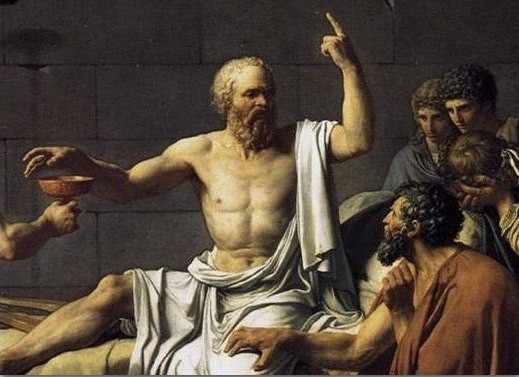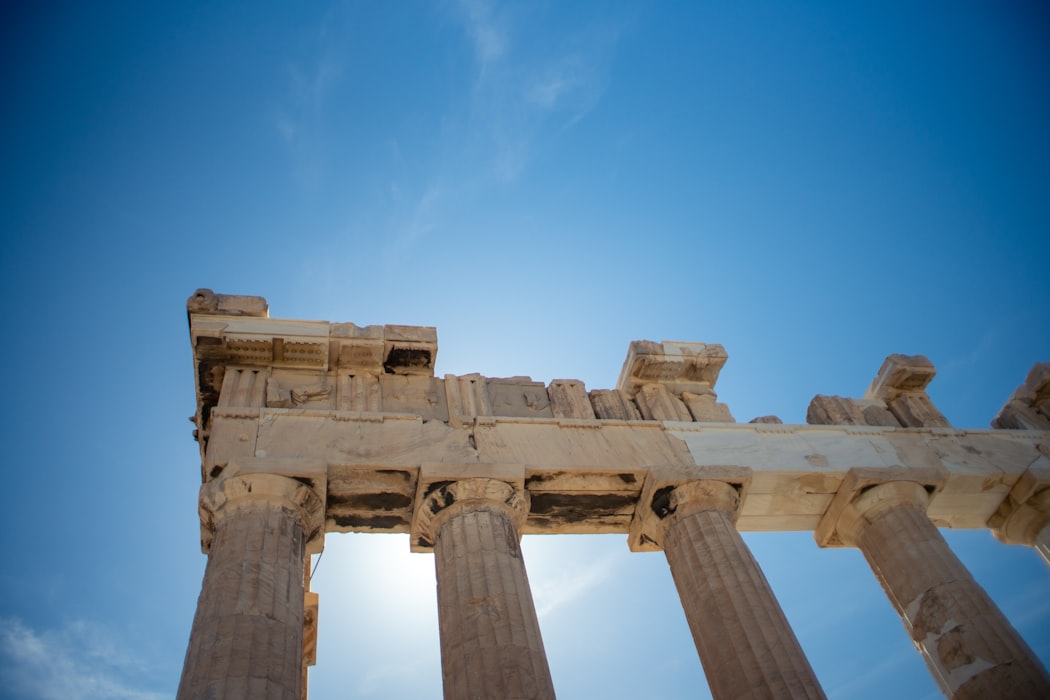Mediterranean Knowledge

There are links, or rather a path that binds: Plotinus, who composed the Enneads in 244 AD, George Creuzer German archaeologist and philologist, and Carl Jung. A bond that goes beyond time and space, having lived these characters in different times and places.
There is a common spirit, a kind of language albeit in different fields that can be identified as a Neoplatonic movement. A process where the system is constant and where the variables change.
Very often this approach, which contrasts the Aristotelian era, dissociates itself from everything that becomes specialised or empirically an end in itself. The Neoplatonic movement rejects this Aristotelian mindset that with the rise of universities began to assume purely academic and classificatory attitudes.
A universal matter, like a hologram, considers the integrated aspect of any subject being part of the same source.
David Bohm
This movement continued in the Mediterranean and in the Middle East through the work of the Christian Templars, Kabbalistic masters and Sufis; custodians of true archetypal knowledge.

This basic Hellenic and Mediterranean school sometimes transcends the opposite characteristics of the authors themselves who are part of it; in this case Jung and Plotinus, the first, at least as far as we have been handed down, enemy of metaphysics and the second passionate of the transcendence and beyond worldly spirit.
This is not meant to be a simple description of points of view but focuses on the universal principle of the Neo platonic movement. A movement that questions, as Socrates used to do, even its own reality and that is completed not by associative spirit but by reaching unity in diversity. The more diverse the more complete. The same diversified affinity highlights the “anima mundi – Soul of the World.” ; the collective spirit of human heritage.
Plotino:
“Our investigation obliges us to consider the nature of the soul from the beginning”
Plotinus Enneadi, I,1,2
Finally, we can assert that Plotinus is the father of psychology and that the psychology of depth appeared in a later period, inspired by himself and subsequently developed by Carl Jung through archetypal concepts. Similar analogies will be advanced during our century in the field of quantum physics.
